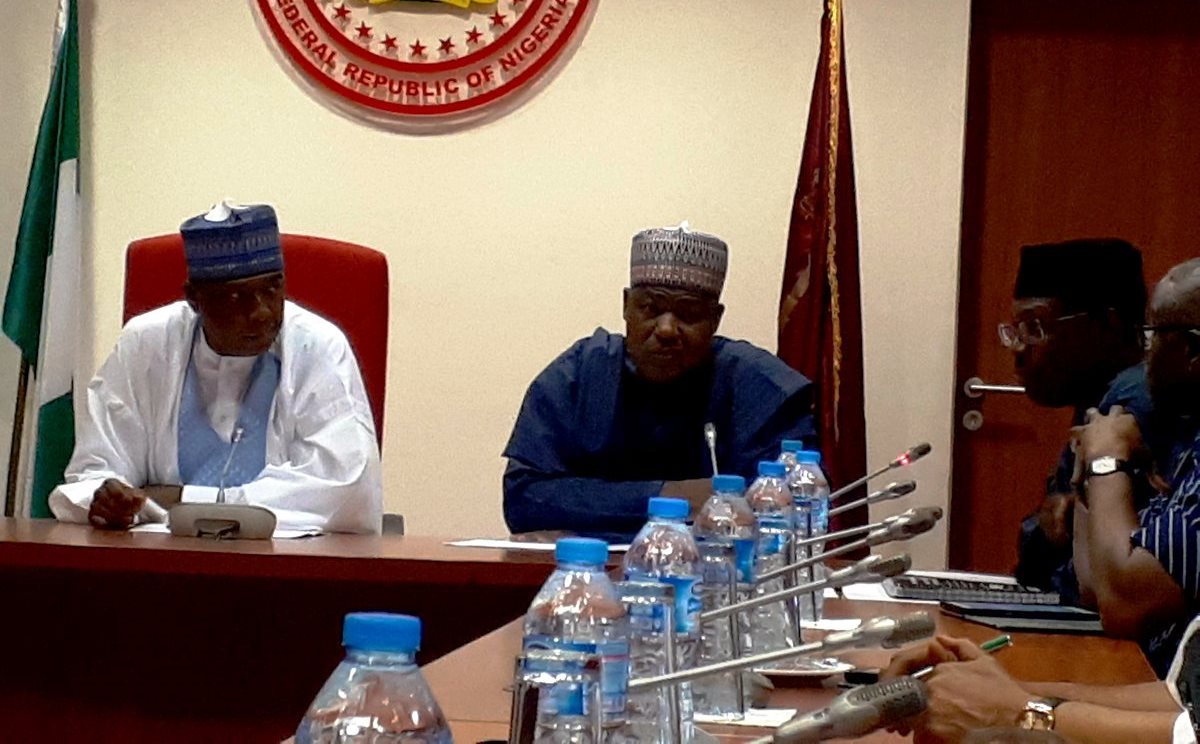The Peoples Democratic Party (PDP) on Thursday said President Muhammadu Buhari, in his “desperation to achieve a personal ambition was holding the nation to ransom” by refusing to sign the Electoral Act Amendment bill, passed by the National Assembly to check manipulations in the 2019 general elections.
PDP claimed that President Buhari and the All Progressives Congress (APC) are “quavering because the draft law effectively checked all their machinations, which they have been deploying in rigging past elections and intend to use in the 2019 general elections.”
A statement by PDP’s spokesperson, Kola Ologbondiyan said the “Amendment bill, which is in the overall interest of the nation, embattles President Buhari because it eliminates openings for major malpractices including the use of underage and alien voters, vote buying, alteration of results and manipulation of voter register, which
the APC intends to use to rig the 2019 elections.
“Such provisions include granting INEC powers to utilize Full Biometrics Accreditation of voters with smart card readers and other technological devices, which the Buhari Presidency and APC know will effectively check their reliance on dead, underage and alien voters, which they intend to use, particularly the Presidential election.
“The amendment bill also provides for Instant Transmission of Results from polling to collation centers which ensures real-time results and reduces human interferences and election malpractices, thus effectively
checking the alteration of results by the APC.
“Furthermore, the Presidency and APC are against the provision that makes it mandatory for Independent National Electoral Commission (INEC) to publish voters register online as such will end their usual manipulation
of voter register ahead of elections.
“The Presidency and APC are also opposing the amendment bill because of a provision which restricts arbitrary qualifications for candidates and
encourages younger aspirants, as they fear that such can jeopardize President Buhari’s chances within the APC.
“President Buhari knows that, having failed Nigerians in his first tenure, there is no way he can win in a free, fair and credible election, hence the desperation to manipulate the system and undermine the electoral laws”.
The opposition party also urged the PDP the National Assembly to “override President Buhari since his refusal to sign the amendment bill is out of personal
and partisan interests instead of the overall interest of the nation.
“This is especially as Nigerians have already reached a consensus to rally on the platform of the repositioned PDP to elect a new President with the competence and sincerity of purpose to return our nation to
good governance, national cohesion and economic prosperity.”
